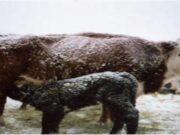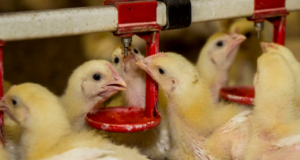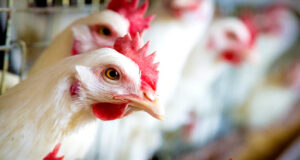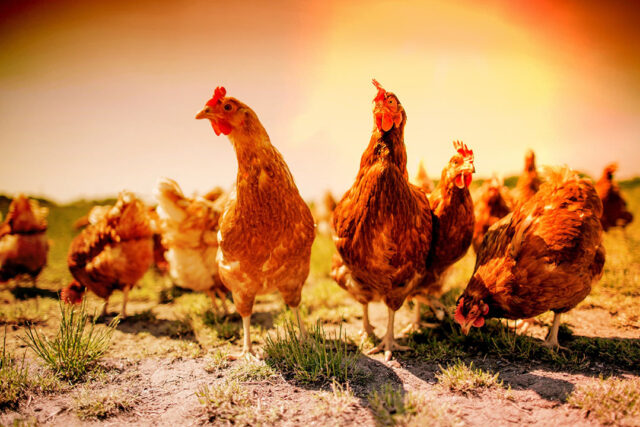
Karishma Choudhary and Vinod Kumar Palsaniya
M.V.Sc. (LPM), CVAS, Navania, Vallabhnagar, Udaipur
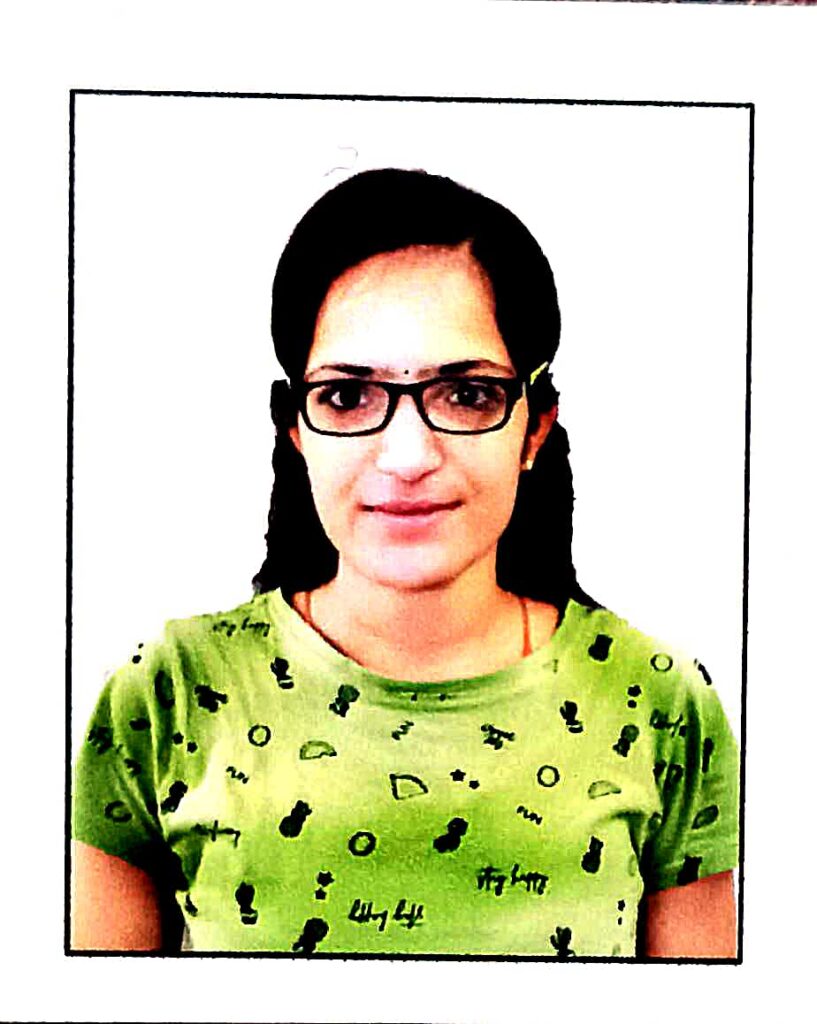
Introduction:
Summer poses unique challenges for poultry farmers as rising temperatures and humidity levels can significantly impact the health and productivity of birds. Heat stress is a primary concern during the summer months, leading to decreased egg production, impaired growth rates, and even mortality in extreme cases. However, with proper management techniques, poultry farmers can mitigate the effects of summer stress on their flock and ensure optimal performance during hot weather conditions.
Understanding Summer Stress in Poultry:
Poultry, including chickens, turkeys, and ducks, are highly susceptible to heat stress due to their limited ability to regulate body temperature efficiently. Poultry experiences heat stress, commonly referred to as summer stress, when the temperature rises during the summer. When ambient temperatures rise above the comfort zone for birds, usually between 65°F to 75°F (18°C to 24°C), they experience physiological strain, leading to reduced feed intake, panting, increased water consumption, and decreased egg production. Additionally, high humidity exacerbates heat stress by hindering evaporative cooling through panting.
Impact of Summer Stress on Poultry
When poultry are suffered with heat stress, behavioral, neuroendocrine, and physiological alterations are seen. A few examples of alterations in behaviour are panting, less walking, raised wings, reduced feed intake, and increased water intake. Respiratory alkalosis, acid-base imbalance, and oxidative stress are examples of physiological alterations. The bird may internally suffer from impaired protein digestion and absorption, elevated metabolic disorders, elevated risk of illness prevalence, and impaired reproduction. Reduced feed intake, low feed conversion ratio, decreased body weight, poor quality meat and eggs, and, as previously indicated, higher mortality are some of the production issues that may arise.

Key Strategies for Summer Stress Management:
- Adequate Ventilation: Proper ventilation is crucial for maintaining optimal air quality and temperature within poultry houses. During summer, ensure adequate airflow by utilizing fans and ventilation systems to reduce heat buildup and humidity levels. Good ventilation promotes air exchange, dissipates heat, and prevents the buildup of harmful gases like ammonia, which can exacerbate respiratory issues in birds.
- Access to Clean Water: Water is essential for regulating body temperature and maintaining hydration levels in poultry, especially during hot weather. Ensure birds have continuous access to clean, cool water by regularly monitoring water quality and availability. Consider installing misters or drip systems to provide additional cooling for birds, encouraging them to drink more frequently and stay hydrated.
- Shade and Cooling Systems: Offering shade is vital for protecting birds from direct sunlight and minimizing heat stress. Utilize natural shading from trees or install artificial shade structures within poultry yards or housing areas. Additionally, consider implementing cooling systems such as evaporative cooling pads or foggers to lower ambient temperatures and create a more comfortable environment for birds.


- Nutritional Management: Adjusting the diet of poultry during summer can help alleviate heat stress and maintain optimal performance. Consider increasing the protein content of feed to support metabolic functions and compensate for reduced feed intake during hot weather. Additionally, supplementing feed with electrolytes and vitamins can help replenish essential nutrients lost through panting and increased water consumption.
- Monitoring and Early Detection: Regularly monitor bird behaviour, feed consumption, and environmental conditions to identify signs of heat stress early on. Symptoms such as panting, wing spreading, lethargy, and decreased egg production are indicators of heat stress and require immediate attention. Implementing a proactive approach to monitoring allows for prompt intervention and implementation of stress management strategies.
Conclusion:
Summer stress management is essential for ensuring the health, welfare, and productivity of poultry during hot weather conditions. By implementing proactive measures such as adequate ventilation, access to clean water, shade provision, nutritional adjustments, and vigilant monitoring, poultry farmers can minimize the adverse effects of heat stress on their flock and maintain optimal performance throughout the summer months. Effective management practices not only improve bird welfare but also contribute to the overall sustainability and profitability of poultry operations.
